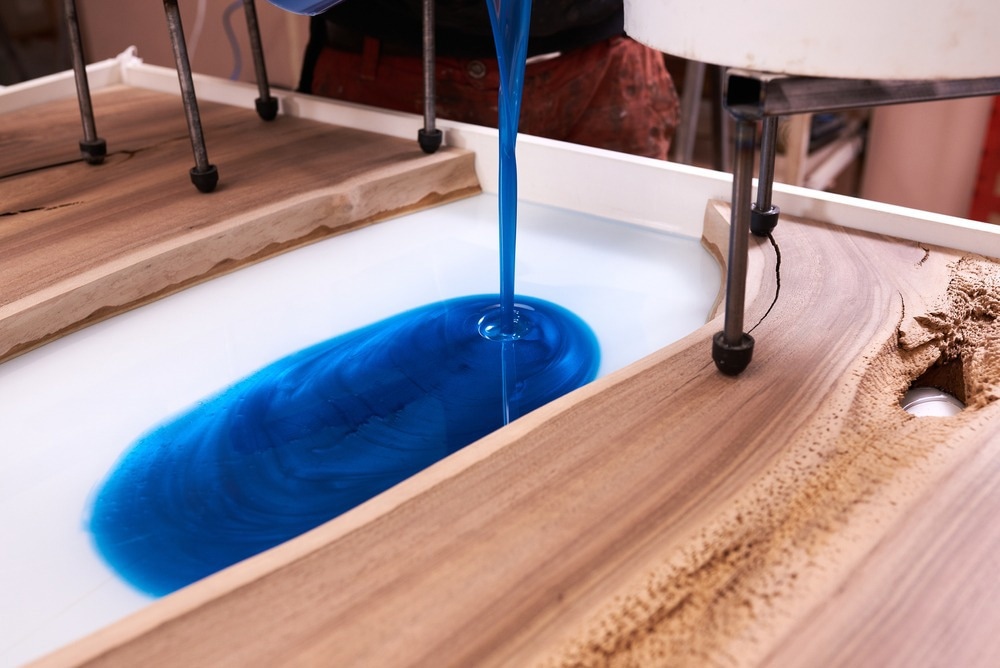Updated by Reginald Davey 13/07/23
Epoxy Resin / Borosilicate Glass Reinforced Epoxy Composites (E-Glass) are extremely strong materials that can resist shear stresses, enhancing their durability. They are used in applications such as automobiles, construction (for example, roofing), and pipes.

Image Credit: sandsun/Shutterstock.com
Key Properties
The key properties of E-Glass / Epoxy Resin, Borosilicate Glass Reinforced Epoxy Composites are tabulated below.
Table 1. Key properties
| Property |
Value |
| Compressive Strength – Longitudinal (MPa) |
300 |
| Compressive Strength – Transverse (MPa) |
415 |
| Density (g.cm-3) |
1.90 |
| Tensile Strength – Longitudinal (MPa) |
490 |
| Thermal Expansion Co-Efficient – Longitudinal (x10-6 K-1) |
11 |
| Upper Working Temperature (°C) |
130-150 |
Epoxy Resin Shear Strength: An Overview
Epoxy resin is a key constituent of E-glass. Central to its use in bonded and reinforced composites such as borosilicate/epoxy resin is its ability to withstand shearing forces.
Adhesives are typically exposed to in-plane stresses due to the design of bonded structural joints. This causes shear stresses which can degrade the performance of adhesives.
An adhesive’s ability to resist planar forces in bonded surfaces is termed its lap shear strength. Epoxy resin shear strength (lap-shear strength) can reach 25 MPa when bonding the epoxy matrix with composite parts. However, when bonded with aluminum, the lap-shear strength is much lower, around 6 MPa.
Structural adhesives are typically less resistant to tension. To avoid catastrophic failure from increased tension, this loading condition should be avoided during product design and everyday use.
Adhesive surface area is an important factor in resisting shear stress. The higher the surface area, the greater the stress that can be withstood. For this reason, lap shear strength is typically measured as a force per unit area. Alternative adhesives such as superglue can enhance the lap-shear strength of bonded aluminum composites.
In Summary
E-glass is a composite of borosilicate glass and epoxy resin which is used for a number of industrial and domestic applications which take advantage of enhanced epoxy resin shear strength. Research is ongoing into further improving the mechanical and physical properties of this industrially important material.
More from AZoM: Epoxy Laminate - Glass Fabric
Disclaimer: The views expressed here are those of the author expressed in their private capacity and do not necessarily represent the views of AZoM.com Limited T/A AZoNetwork the owner and operator of this website. This disclaimer forms part of the Terms and conditions of use of this website.